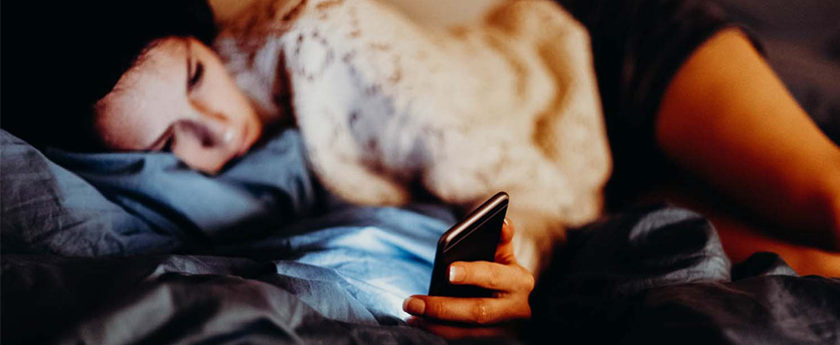In the search for more energy-efficient products, fluorescent bulbs and LEDs have taken over the lighting industry. This type of artificial light is in everything from home lighting, office lighting to televisions, tablets and Smartphones. While these bulbs are helpful in helping us use our resources better, they hurt our sleep cycles.
The problem is that artificial light can interrupt healthy sleep patterns. The body’s biological clock is programmed to work in rhythms that are set by the amount of light and dark exposure you receive. This is known as your circadian rhythm. These types of rhythms help determine your sleeping and eating patterns, including hormone production, brain activity and cell regeneration.
When your body is only exposed to the sun’s natural light, the hypothalamus area in your brain sets your sleep patterns according to when it is light and dark outside. This is why areas that have more extreme daylight/night time shifts, such as Alaska or regions up north, may feel like sleeping more during certain times of the year when it is darker.
When your retina detects light, a signal is sent to your hypothalamus. The same is true for when it gets dark – only your body receives the signal to start making melatonin and drop your body temperature to get ready for sleep. In the morning, when your body sees the light, it gradually warms up and starts producing cortisol.
Artificial light from a backlit device or indoor light fixture confuses your body. The retina now receives light no matter what time of day it is. This means that your body has a harder time preparing itself for bed.
Natural blue wavelengths are found in the sun. However, the blue light produced by electronics and lighting boosts your reaction times, attention and mood, which is great for during the day, but terrible for your body at night.
Overexposure to blue light is especially concerning because the number of electronic devices is only increasing and America’s health appears to be decreasing. Fatigue, poor sleep, chronic diseases and obesity are plaguing our country. Blue light devices do not help this growing epidemic.
The University of Toronto conducted a study, and the participants were instructed to wear special glasses that blocked blue light wavelengths. The people in the study that wore these glasses produced more melatonin than those who didn’t. Additionally, other medical studies find that blue wavelengths are responsible for suppressing delta brain waves, which induce and lull you into sleep. In contrast, blue light produces alpha wavelengths, which make you more alert.
Medical professionals recommend that to avoid sleep problems, people should stop using electronic devices between 30 to 60 minutes before going to bed. This includes exposure to TV, fluorescent lighting, computers, Smartphones, tablets, e-readers, etc. Also, use blue light filtering glasses during the day, such as BluTech lenses. These blue light filtering glasses can help reduce the amount of blue light exposure your eyes receive, and have been clinically proven to double your melatonin levels. This improves sleep, reduces awakenings and improves some types of cognition.
Find BluTech Near You





